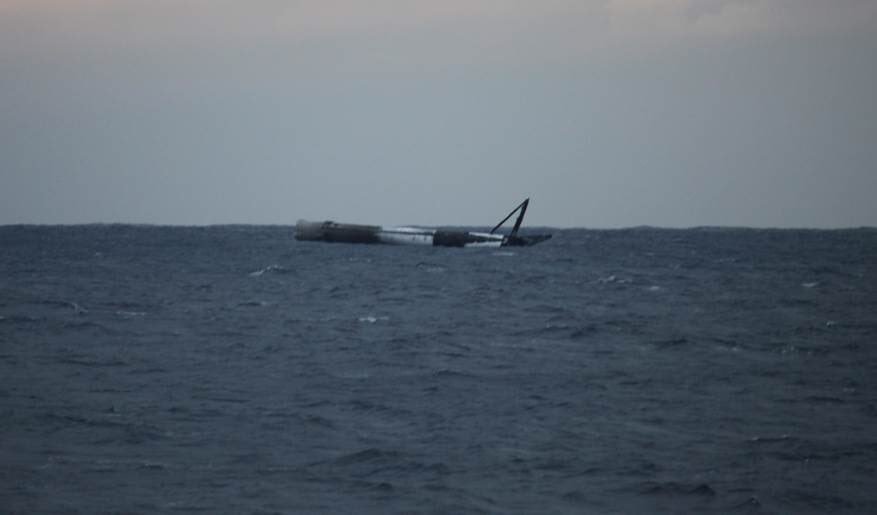In August, Open Source Security, Inc. brought a lawsuit against me in federal court, seeking over $3 million, and later added Bradley Spengler as a plaintiff. Open Source Security and Mr. Spengler sued me because they disagreed with my blog posts and Slashdot comments which expressed my opinions that their policies regarding distribution of their Grsecurity product could violate the GPL and lead to liability for breach of contract and copyright infringement.
This lawsuit should never have been brought. My blog post and Slashdot comments are first amendment speech protected by the California anti-SLAPP law. While Open Source Security and Mr. Spengler were free to disagree with my opinions, they were not free to sue me to try to stop me from expressing them. The anti-SLAPP law requires recovery of attorneys’ fees and costs–precisely to deter actions like this one that chill the exercise of first amendment rights. Fee recovery also encourages private representation in anti-SLAPP cases so that defendants may obtain quality representation without being bankrupted. Thus, the law provides for successful defendants to recover fees and costs from plaintiffs who bring meritless suits.
The court has now ruled in my favor that Open Source Security and Mr. Spengler’s claims are not meritorious. Today, I am asking the court to award my legal fees and costs so far, which will go to O’Melveny, the law firm I retained.
The cost of my defense well exceeded half a Million dollars.
When I got sued, I called upon the best attorney I know in the Open Source world, Heather Meeker, who I have known for 20 years and worked with professionally. Heather is the author of Open (Source) for Business: A Practical Guide to Open Source Software Licensing — Second Edition and three other books. Heather formed a team including Melody Drummond Hansen, a Silicon Valley partner with experience in Open Source and defamation matters, Cara Gagliano, an associate focused on copyright and speech issues, and two bright first-year associates, Marissa Rhoades and Eric Ormsby .
I sought this high-quality team because the stakes were high. Open Source Security and Mr. Spengler sought at least $3 Million and also attacked my professional reputation and integrity. While the fees incurred in this case are significant, they are based on the standard rates charged for attorneys of similar experience and caliber. In my experience, this team is well worth it. Also, the amount of fees reflect Open Source Security’s and Mr. Spengler’s litigation tactics, which unnecessarily increased the time spent defending this case by forcing responses to the many filings and shifting theories they pursued.
Had Open Source Security and Mr. Spengler not filed their suit, they would not be facing this expense at all. For example, had they engaged in the spirit of reasoned debate rather than filing a lawsuit, the fees could have been avoided entirely. And had they not greatly complicated the suit, the fees would be much smaller. Plaintiffs now also are appealing the case, which will further increase my legal costs.
Fee awards under anti-SLAPP are mandatory and they are meant to deter unnecessary suits like this one–to protect everyone’s freedoms to engage in public debate without fear of being sued.
Generally, I would prefer not to talk about a lawsuit in progress. My desire to keep the Open Source community informed is my reason for making this statement. Unfortunately, I will not be able to make any further statements about the case for now.
